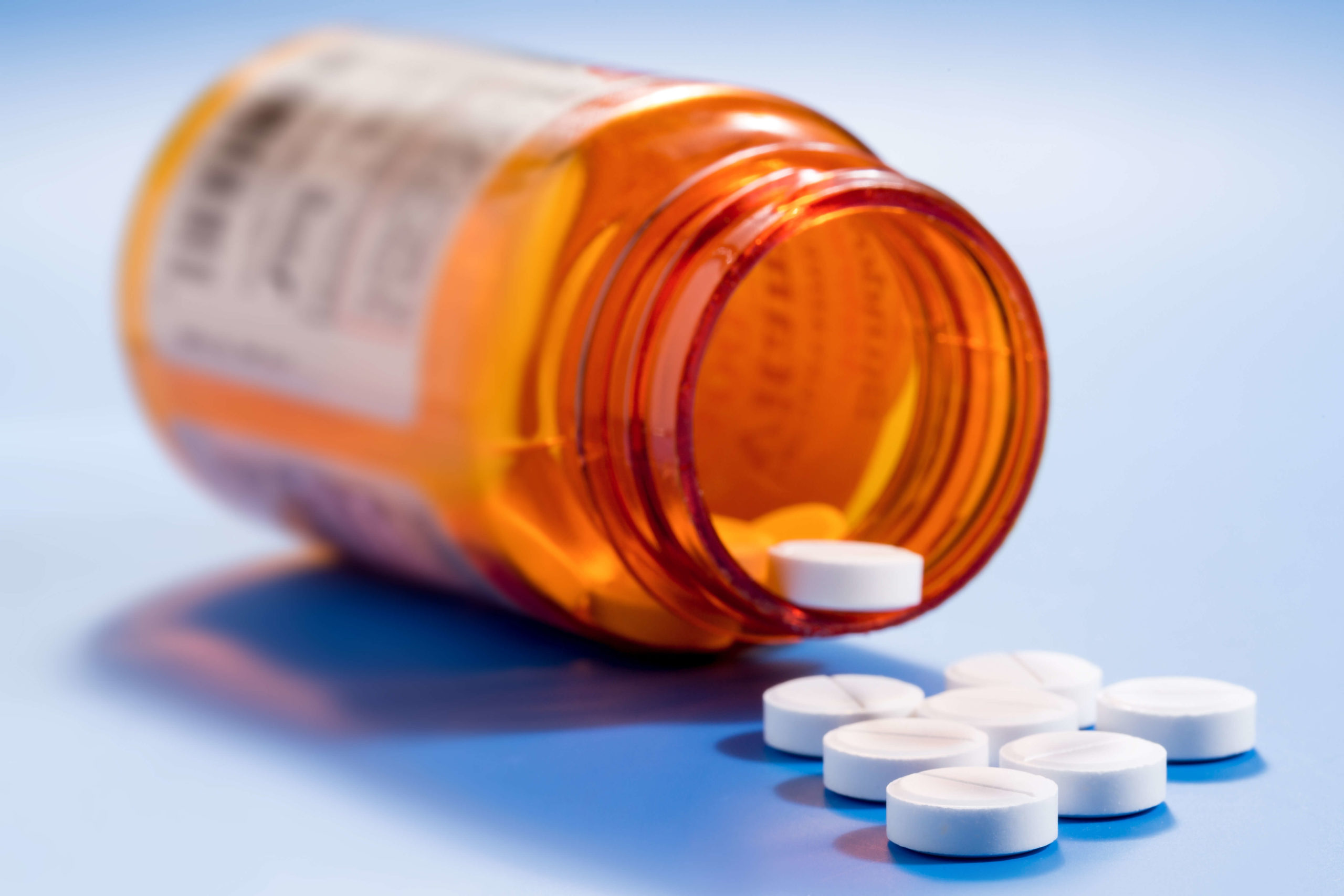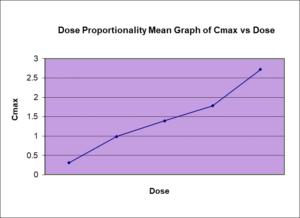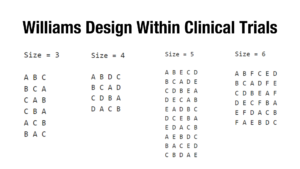BioPharma Services INC Welcomes Their New VP Of Pharmacology And PI With AL Expertis
BioPharma Services, Inc. Welcomes Abuse Liability Experts, Dr. John Oldenhof, VP of Clinical Pharmacology and Dr. Isabella Szeto, Principal Investigator to the BioPharma Team
Toronto, ON (BUSINESS WIRE) BioPharma Services, Inc. (BioPharma) is honored to announce the addition of Dr. John Oldenhof, PhD, and Dr. Isabella Szeto, MD, CCFP, FCFP, CPI, to the Senior Management team here at BioPharma. Dr. Oldenhof, joins the BioPharma organization as the VP of Clinical Pharmacology and Dr. Szeto joins the Medical Affairs team at BioPharma as Principal Investigator. The addition of these two key research professionals, experienced in Phase I and Abuse Liability trials, fortifies BioPharma’s early stage clinical expertise and strength, and positions itself to become an industry leader in the conduct of Human Abuse Liability and Abuse Potential clinical studies.
BioPharma welcomes Dr. Oldenhof who has 18+ years of Sr. Management experience in Phase I clinical pharmacology, product development, biostatistics, data management and regulatory and scientific affairs. His published work and experience includes the development of novel methodologies, innovative study designs and direct collaboration with the US Food and Drug Administration (FDA) to advance human abuse potential studies and pharmacometrics analyses. Over his tenure in Clinical Pharmacology, Dr. Oldenhof has provided scientific and regulatory guidance to biotech and pharmaceutical sponsors on over 200 clinical pharmacology studies including FIM, SAD/MAD, DDI and TQT studies to support pre-IND, NDA, ANDA and product launches.
Dr. Oldenhof who will lead the units of Scientific Affairs/PK, BioStatistics, CDM and Medical Writing under the new umbrella of Clinical Pharmacology at BioPharma Services, Inc. stated, “I am excited to be joining an agile, Early Phase focused company. I look forward to contributing my skills to the BioPharma team and in turn help our clients to maximize their Early Phase efforts.”
Dr. Szeto comes to BioPharma with 13+ years of Phase I clinical research experience as Principal and Sub-Investigator. Having started her clinical research career under the mentorship of Dr. Ed Sellers, Dr. Szeto has continued on to conduct over 150 clinical studies on various CNS products to evaluate their abuse liability or abuse potential. In addition to her AL/AP expertise, she also has managed a variety of early stage clinical research trials which include FIM, QT, DDI, BA/BE, Food-Effect, Skin Irritation/Sensitization and vaccine trials.
“The addition of these two medical and pharmaceutical experts has further propelled us into the CNS, pain and HAL/HAP sector. Our current research and development initiatives in cannabinoids, opioids and numerous other controlled substances has set up apart as a research leader in this domain” said Renzo Dicarlo, CEO at BioPharma Services, Inc.

About BioPharma Services Inc.
BioPharma Services Inc. is a fullservice Contract Research Organization (CRO) specializing in the conduct of Phase I/IIa and Bioequivalence clinical trials for international pharmaceutical companies worldwide. BioPharma has clinical facilities both in the USA and Canada with a total capacity of 300 beds with access to healthy volunteers and special populations. Headquartered in Toronto, Canada, BioPharma’s comprehensive services also include Bioanalysis at our GLP Certified Laboratory, Scientific and Regulatory Affairs, Biostatistics and Safety Data Analysis (CDISC), Medical Writing and Data Management.
Contacts
Main Telephone: +1 844 747 8484
Email: info@biopharmaservices.com
Website: www.biopharmaservices.com
For more information regarding this press release, please contact:
Ms. Anna Taylor
Executive Vice President, Business Development, BioPharma Services, Inc.
ataylor@biopharmaservices.com
Popular Posts
-
What are early phase clinical trials?
Clinical Trials are divided into 4 phases. Phase 1 and 2 trials constitute early phase trials, Phase 3 and 4 research studies are late-phase trials.
The primary objective of Phase 1 studies is to determine the correct drug dosage by evaluating drug safety and determining if there are any side effects. Phase 1 trials are conducted in healthy volunteers.
Phase 2 studies also study the safety of a drug but focus on evaluating its effectiveness. These studies can be conducted in healthy volunteers or in individuals who have a certain disease or condition.
-
What is a clinical trial?
A Clinical trial is a process which is performed to determine whether an investigational drug, device or therapy is safe and effective. In early phase research (i.e. Phases 1 and 2), the safety and effectiveness of the drug will be evaluated in healthy volunteers.
-
What is an investigational drug?
An investigational drug can also be called an experimental drug and is being studied to see if your disease or medical condition improves while taking it. Scientists are trying to prove in clinical trials:
- If the drug is safe and effective.
- How the drug might be used in that disease.
- How much of the drug is needed.
- Information about the potential benefits and risks of taking the drug.
-
Why do you need to take blood draws and how many blood draws will be required?
In order to evaluate the drug profile, we need to understand its pharmacokinetics. This is essentially how the body reacts to a drug after its administration through the mechanisms of absorption, distribution, as well as the metabolic changes. Therefore, blood draws are collected at various time points to better understand this mechanism. Each study requires a specific number of blood draws and total blood volume. These values will be provided to you and clearly stipulated in the informed consent form (ICF). The amount of blood that will be taken is outlined in the ICF.
-
Should I expect to experience any side-effects while doing studies?
As every study is testing an investigational product, there may be side effects. You will be provided with a list of side effects that have been reported in previous trials (if any), so you can make an informed decision whether or not to participate in the trial. During the trial you will be required to immediately inform clinic study staff of any adverse effects that you are experiencing. These side effects usually resolve upon discontinuation of the study drug.
-
Will I be compensated for doing a clinical study?
Volunteers are compensated and the amount varies depending on the length of the clinical trial, length of stay and number of follow-up visits. The compensation is not specifically related to the risks or type of drug involved in the trials or studies. Every study is different and therefore, the compensation will vary. Study volunteers may receive between $1000 to $4000 for a trial (based on the factors listed above).
-
Are food and accommodation provided over the course of the trial?
Food – Clinical trials are conducted in a controlled setting which means that all food is provided and trial volunteers receive standardised meals. Individual meal plans or meal preferences cannot be provided. If you have any food allergies or hypersensitivity to food product(s) that are clinically significant or life-threatening you may not be able to participate in a trial. Please contact us to discuss any food issues.
Accommodation – During your in-clinic stay you will share sleeping areas with other volunteers who are of the same gender. Similar to a hospital setting, supervision will be provided to ensure that your health and safety are being monitored.
-
What is the length of a study and do I have to complete all the visits?
Details of the duration of a study can be found on the Volunteer Hub.
-
What is informed consent and how is it carried out?
Before you decide whether or not to take part in a clinical research study, you will be required to read and understand the information provided in an Informed Consent Form (ICF). The ICF describes the clinical research study and the nature of the investigational product to be used, including:
- Your rights and responsibilities as a study participant.
- What you will be asked to do during study participation.
- The potential risks that you should be aware of.
During this process, you will have the opportunity to discuss and ask questions related to the conduct of the clinical research study with the study doctor/ study staff. You are under no obligation to participate and your decision to take part in a clinical trial is voluntary.
-
Can I bring my own device?
Yes, we encourage you to bring items that will help to pass the time while you are in the clinic. You can use the time to study or work or catch up on the movies you’ve been meaning to watch.
-
What do I need to pack?
Wondering what to pack before your site visit? Visit our Packing List page to learn more.
-
When do I receive compensation for taking part in a study?
You will receive compensation as outlined during the Informed Consent process. Typically, you will receive compensation once all study visits have been completed. If, for any reason, you do not complete all study visits, your compensation will be on a pro-rated basis (i.e. for the time that you have participated in the trial)
-
Where will I sleep during the clinical study?
We provide a clean, safe socially distance sleeping environment, in a dormitory of hotel room style. Watch video
-
Can I bring my own food?
All aspects of clinical trials are closely monitored including the food and drink consumed by participants. While you are in the clinic, you will be provided with all meals as per the study guidelines. You will need to eat all the food provided to ensure the guidelines are met. Watch video
-
Privacy
We respect and value the privacy of our volunteers. View our Privacy and Cookie Policy here.



